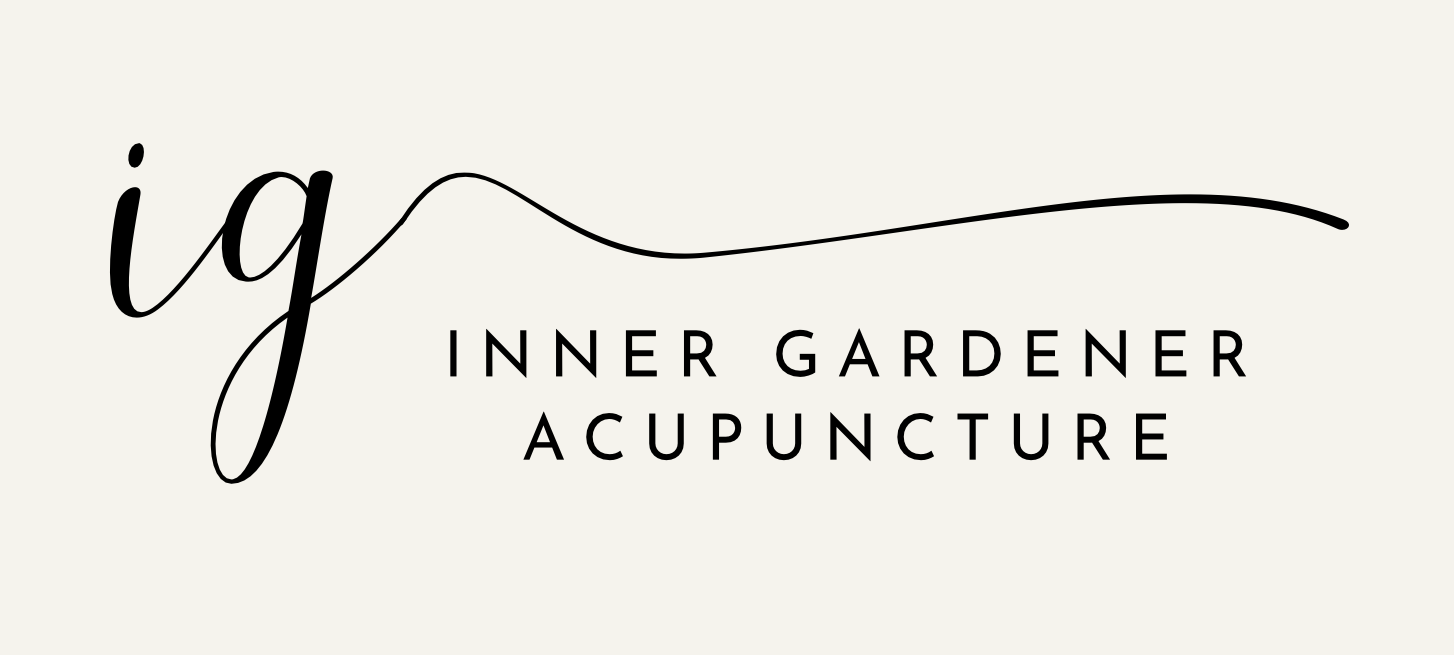Finding Relief from Allergies with Traditional Chinese Medicine (TCM)
Finding Relief from Allergies with Traditional Chinese Medicine (TCM)
Allergies and allergic rhinitis (hay fever) can make life miserable with symptoms like sneezing, nasal congestion, itchy eyes, and sinus pressure. While over-the-counter medications can provide relief, they often come with side effects and don't address the root cause. For those seeking natural and non-pharmacological solutions, Traditional Chinese Medicine (TCM) offers effective options through acupuncture and herbal medicine.
Understanding Allergies from a TCM Perspective
In TCM allergies are seen as a disruption of the body's Qi (vital energy) and an invasion of external pathogens like Wind and Heat or Cold. The body's defensive Qi (Wei Qi), which protects against these pathogens can be weakened, leading to allergic reactions. Common patterns associated with allergies include Spleen and Lung Qi deficiency and Dampness and Phlegm in the upper jiao (the chest and head region).
Common TCM Patterns Associated with Allergies
Spleen and Lung Qi Deficiency
Symptoms: Fatigue, weak immune system, frequent colds, runny nose, and shortness of breath.
Explanation: The Spleen and Lung Qi are responsible for maintaining the body's defensive energy. When they are weak, the body becomes more susceptible to external allergens.
Dampness and Phlegm in the Upper Jiao
Symptoms: Nasal congestion, sinus pressure, cough with phlegm, and a feeling of heaviness in the head or headache.
Explanation: Dampness and Phlegm can accumulate in the respiratory system, obstructing the flow of Qi and leading to allergy symptoms.
How Acupuncture Can Help
Acupuncture involves inserting thin needles into specific points on the body to stimulate the flow of Qi and balance the body's energies. For allergies and allergic rhinitis, acupuncture can help by:
Strengthening Wei Qi: Boosting the body's defensive energy to protect against allergens. Think of Wei Qi as your body’s natural defense mechanism, keeping invading pathogens on the outside and protecting your vital resources on the inside.
Clearing Dampness and Phlegm: Acupuncture and herbs can promote the movement of fluids, drain excess fluids and reduce congestion in the respiratory system.
Reducing Inflammation: Acupuncture and herbs can alleviate symptoms like nasal congestion and sinus pressure.
Herbal Remedies for Allergies
TCM herbal formulas can be highly effective in managing allergy symptoms. Formulas are highly specific and tailored to each individual so it is best to consult with a licensed acupuncturist before taking herbal medicines. Here are some commonly used formulas and herbs that are famously used for allergies:
Cang Er Zi San (Xanthium Powder)
Ingredients: Xanthium fruit (Cang Er Zi), Magnolia flower (Xin Yi Hua), Angelica (Bai Zhi), and Mentha (Bo He).
Benefits: This formula is particularly effective for nasal congestion, runny nose, and sinus pressure. It helps clear nasal passages and expel Wind.
Yu Ping Feng San (Jade Windscreen Powder)
Ingredients: Astragalus root (Huang Qi), Atractylodes (Bai Zhu), and Siler root (Fang Feng).
Benefits: This formula is used to strengthen the body's immune system and protect against external allergens. It is ideal for individuals with Spleen and Lung Qi deficiency.
Magnolia Flower (Xin Yi Hua)
Benefits: This single herb is excellent for relieving nasal congestion and sinus headaches. It helps open nasal passages and reduce inflammation.
Combining Treatments for Optimal Results
For the best results a combination of acupuncture and herbal medicine is often recommended for allergies and allergic rhinitis. Acupuncture sessions can provide immediate relief from symptoms, while herbal formulas work to strengthen the body’s overall resistance to allergens over time.
Allergies and allergic rhinitis can be effectively managed through the holistic approaches offered by Traditional Chinese Medicine. By addressing the underlying imbalances in the body with acupuncture and herbal remedies, TCM provides natural and long-lasting relief from allergy symptoms.
If you’re struggling with allergies, consider consulting a TCM practitioner to develop a personalized treatment plan that meets your specific needs.
Ready to find relief from allergies? Schedule a New Patient visit here.
